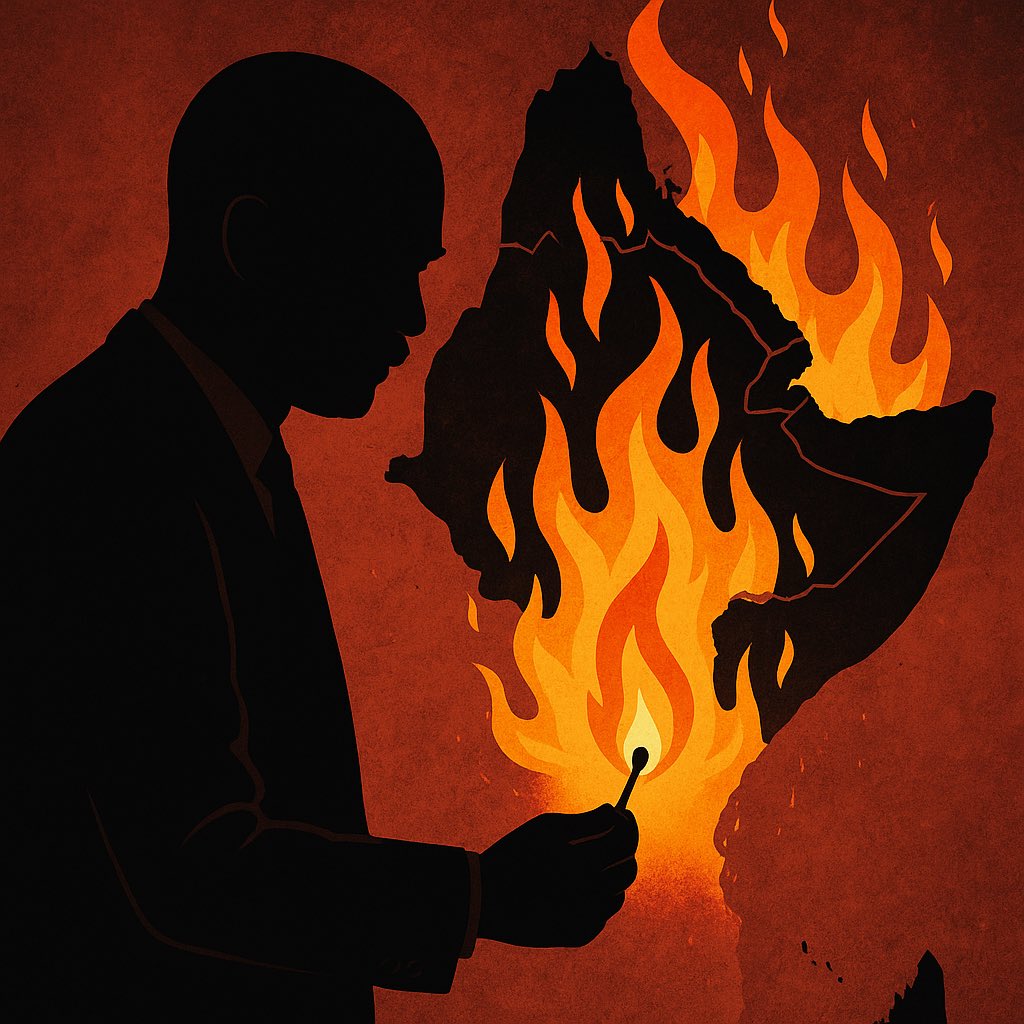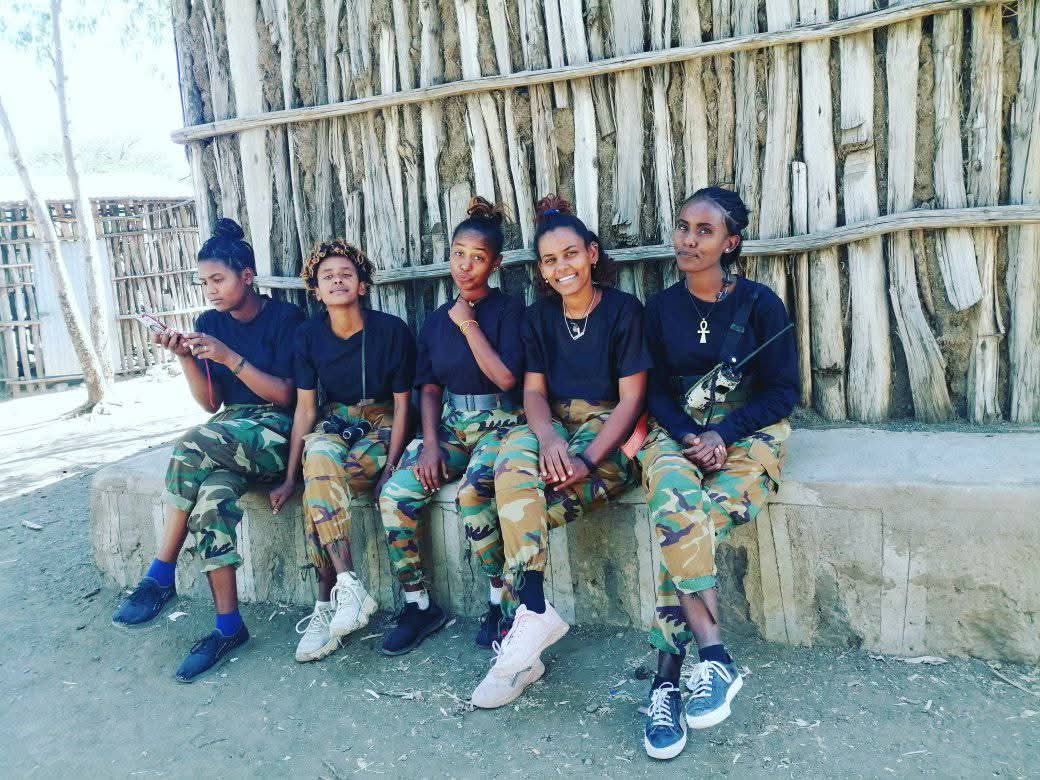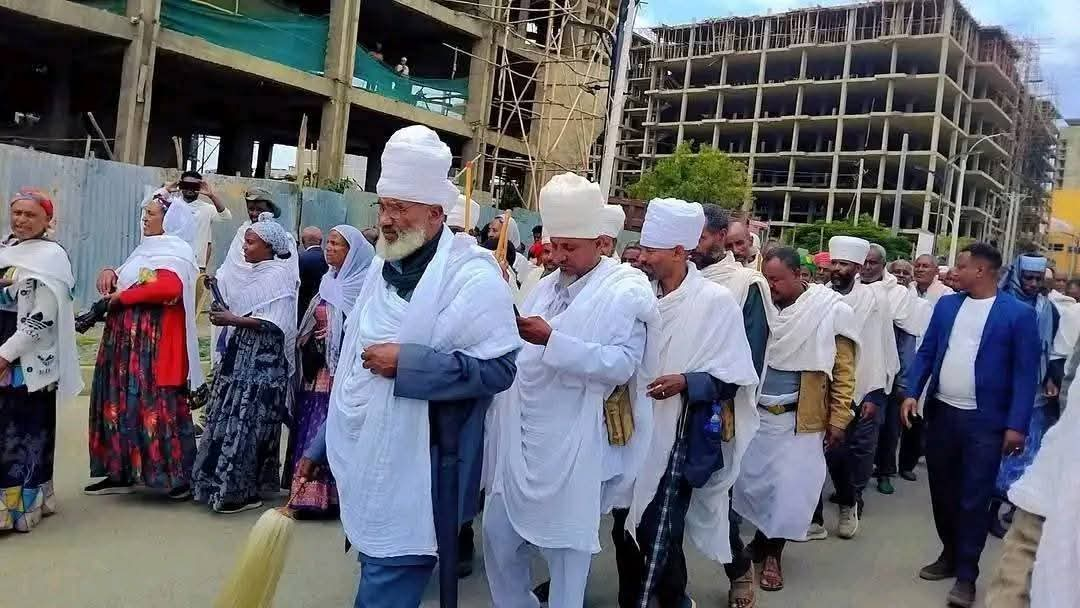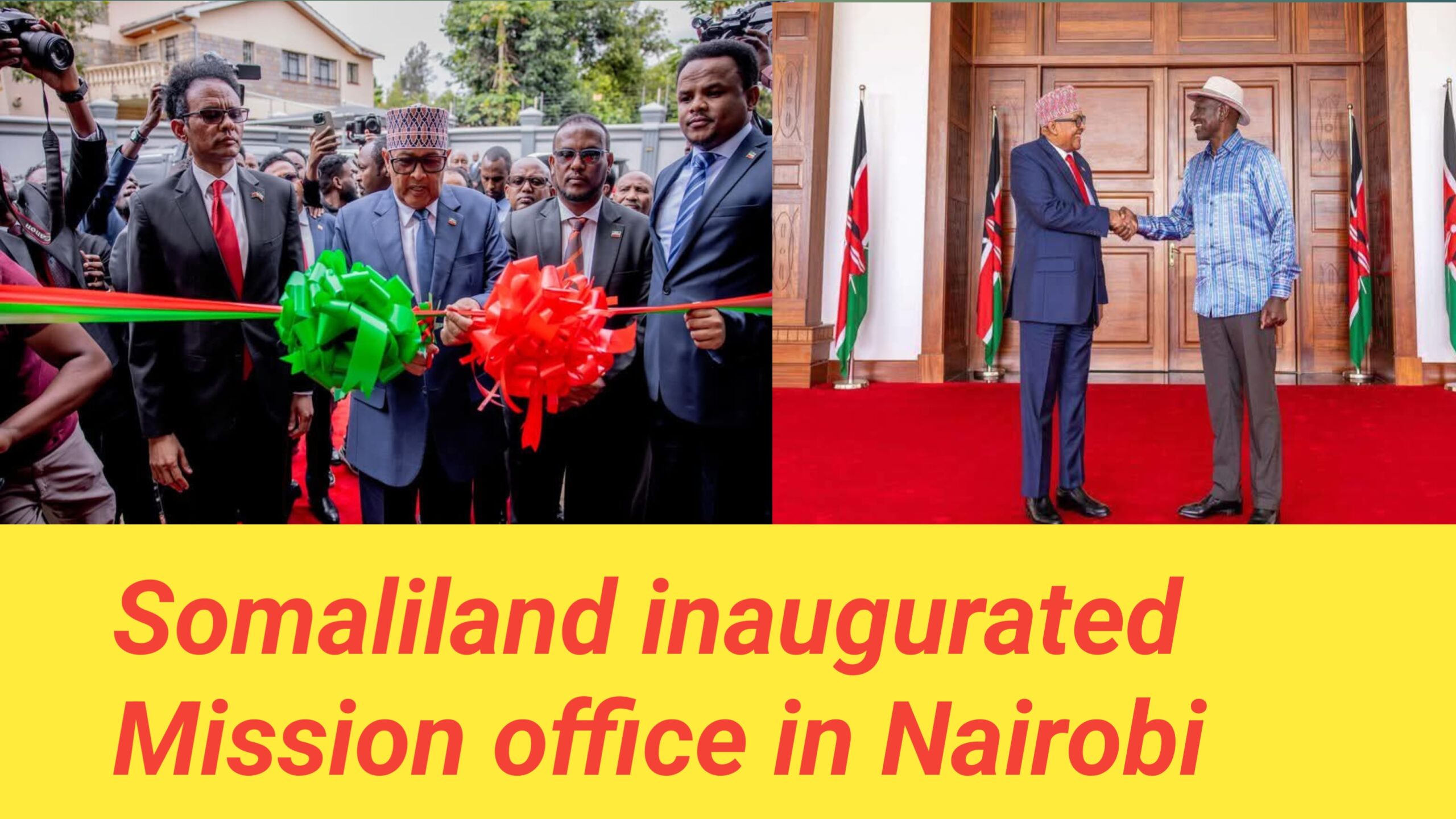Mekelle፡Telaviv, Nairobi, Pretoria, London, (Horn News Hub).
Isaias Afwerki: Architect of Conflict and Instability in the Horn of Africa
By Gebre Tatios
Isaias Afwerki, Eritrea’s president since its independence in 1993, stands as a central figure in the region’s enduring instability. His actions have not only entrenched Eritrea in isolation but have also cast a long shadow over the Horn of Africa, exacerbating conflicts and hindering prospects for peace.
Historical Context: From Alliance to Rivalry
During the 1970s and 1980s, the Eritrean People’s Liberation Front (EPLF), led by Afwerki, and the Tigray People’s Liberation Front (TPLF) were allies in the struggle against Ethiopia’s Derg regime. However, by 1985, ideological differences led to a split between the two groups. Despite this, Eritrea’s support for Ethiopian rebel factions persisted post-independence, aiming to counter Ethiopia’s influence and maintain leverage in regional affairs.
Eritrea’s Regional Interventions
Afwerki’s regime has been implicated in various regional conflicts:
Somalia: Eritrea has been accused of supporting militant groups, including al-Shabaab, to counter Ethiopian influence and assert its presence in the region.
Sudan: Eritrean support for Sudanese rebel groups has been reported, aiming to destabilize the Sudanese government and gain strategic advantages.
Djibouti: Tensions with Djibouti have flared over border disputes, with Eritrea’s actions contributing to regional instability.
These interventions have often been driven by a desire to counterbalance Ethiopia’s regional influence and assert Eritrea’s strategic interests.
The TPLF-Eritrea Alliance and Its Aftermath
The relationship between Eritrea and the TPLF has been complex. Following the 2018 peace agreement between Ethiopia and Eritrea, the TPLF found itself sidelined, leading to tensions and the eventual outbreak of the Tigray conflict in 2020. Eritrea’s involvement in the conflict, including alleged human rights abuses, has further strained relations and complicated the path to peace.
Impact on Eritrea
While Afwerki has sought to project power regionally, Eritrea itself remains mired in poverty and repression. The regime’s focus on military endeavors and regional interventions has diverted resources from domestic development, leaving the population to endure the consequences of prolonged isolation and conflict.
Conclusion
Isaias Afwerki’s actions have perpetuated a cycle of conflict and instability in the Horn of Africa. His regional interventions, often aimed at countering Ethiopia’s influence, have instead contributed to the region’s enduring crises. For Eritrea to achieve lasting peace and development, a shift in both domestic governance and regional policies is imperative. The international community must recognize the detrimental impact of Afwerki’s leadership and support efforts that promote peace, stability, and cooperation in the Horn of Africa.






